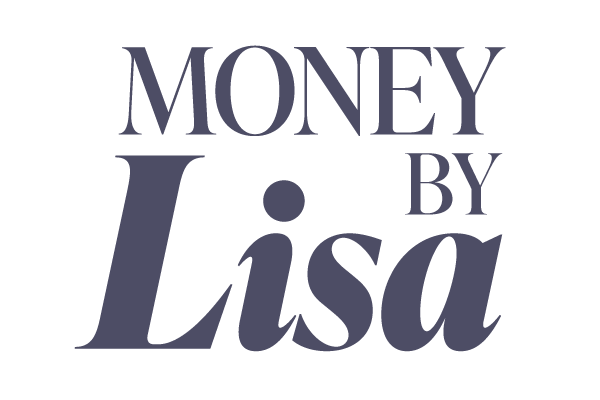You’re Not Rich
You’re not rich, so don’t act like it.
That sounds harsh, I know, and if you are, in fact, “rich” (whatever that means), you need not read any further. But for the rest of us…
Many a TikTok follower has leaped to the erroneous conclusion that in order to “get rich,” they must “act rich.” And specifically, manage their money as the rich do. But here’s the thing: The rich, as they say, are different from you and me. The primary difference is that they have more money. How to best manage your money when you are rich is entirely different from how to manage your financial affairs when you are still in the pursuit of wealth.
Case in point: Rolling the dice on a hot IPO. (Even worse, a SPAC, although that seems to be out of fashion this week.) Or, frankly, any investment that is overly concentrated in one company’s fortunes or misfortunes. This includes investing in your brother-in-law’s college roommate’s new start-up business. It’s not that the business (or a single company’s stock) is necessarily doomed to failure. Rather, unless you are rich, you simply do not have enough assets elsewhere to weather the storm if it all goes south.
Here is something else that the rich do that you don’t: pay a lot of taxes. (I know, I know; any amount over zero causes you pain.) When you are dwelling in the highest tax brackets, it probably makes a lot of sense to structure your financial life in a way that exposes the least amount of your income to taxation for as long as possible. But if you are a W-2 wage earner living in the low-twenties marginal tax bracket (or even less!), letting the tax tail wag the investment dog (as they say) can easily lead you to sub-optimal, or even wholly inappropriate, choices. Buying complicated, fee-laden permanent life insurance products solely for the supposed tax benefit is an excellent example of how “investing like the rich” can leave you saddled with a portfolio that you can barely understand, and likely underperforms when all costs are considered.
You can bring some math to this by following the example of how municipal bonds (debt issued by state and local governments) are valued by investors. Because interest paid on munis is exempt from federal taxes (and sometimes state taxes as well), they are priced higher than other bonds of comparable risk. (Quick Bond Math 101: Higher price = lower yield) Investors calculate the “tax-equivalent yield,” i.e., the price at which the value of the muni bond is equivalent to that of a similar taxable (that is, non-muni) bond, based on the investor’s marginal tax bracket. Long story short: Unless your tax bracket is in the 30s, munis usually won’t deliver a better yield return.
You can apply this same logic to any investment whose primary attraction is its tax treatment. How much more of a yield would it need to deliver, based on your own personal tax rate, in order to make up for its higher price (i.e., fees)?
But it’s not just investments where we can be so charmed by tax advantages that favor the wealthy that we make choices that don’t make sense for the way we live our non-rich life. Even something as beloved as the Health Savings Account (HSA) with its “triple-tax advantage” is likely a poor selection for someone who doesn’t have much of a tax liability and/or the means to actually fund the account to take advantage of its favorable tax rules.
Let me try to anticipate your next question. Does this mean that I am down on workplace retirement accounts and IRAs? Not.At.All. Yes, of course, the tax treatment significantly boosts the overall return regardless of tax bracket. But here’s the thing: For most of us, the primary benefit of retirement accounts is the automatic contributions to the account over many years. Your need to save for retirement persists with or without a tax benefit. The tax treatment is only the cherry on top of the cake.
If becoming rich (again, whatever that means) is your goal, have at it. My only counsel here is that until you achieve that milestone, don’t act like it!
(Hey, I’d love to be in touch regularly. My free newsletter contains this blog, as well as other articles written by myself and others. Please consider subscribing by visiting the MoneyByLisa home page.)
